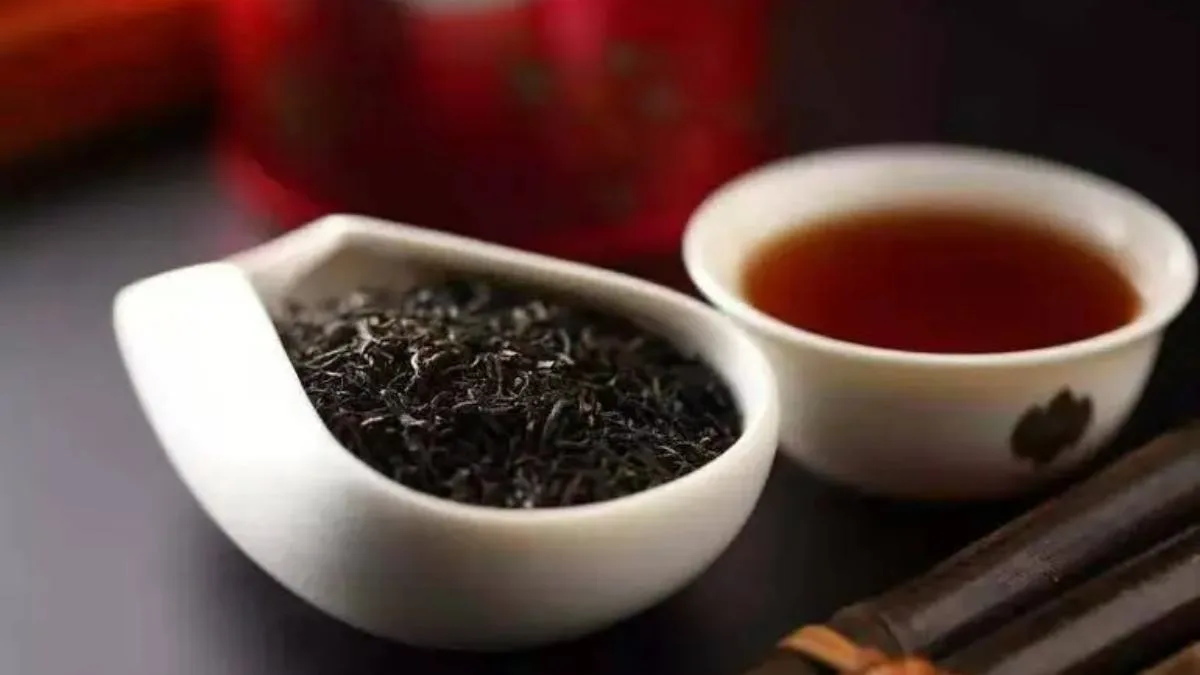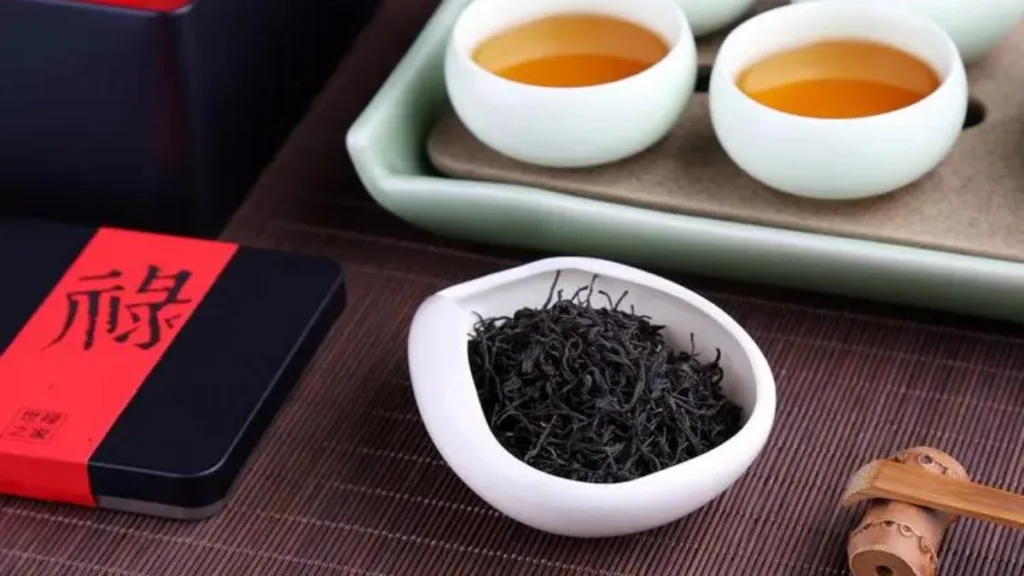Many tea lovers turn to black tea as a means to stay alert and energized, yet questions linger about its effectiveness and the duration of its invigorating effects. Today, let’s delve into the world of black tea and explore its potential to keep you awake.
Black tea, unlike its naturally grown counterparts, is crafted from the tender leaves of the tea plant through processes such as withering and fermentation. Fermentation induces chemical reactions in the tea leaves, resulting in the distinctive deep red color when steeped in water. The primary components of black tea are caffeine and tea polyphenols. Moderate consumption of black tea can stimulate the central nervous system, providing a certain level of mental alertness. Additionally, drinking tea can have diuretic properties, aiding in reducing swelling and promoting urine flow, while also accelerating the body’s metabolism.
Approximately four to five hours after consuming black tea, the concentration of neurotransmitters in the brain reaches its peak. This phenomenon contributes to a calming and soothing effect on the brain, facilitating the onset of sleep. In general, the stimulating effects of tea can last for about 3 to 5 hours. This duration is influenced by the half-life of caffeine, which is approximately 3 to 5 hours. During this timeframe, the concentration of caffeine in the body reduces by half. Consequently, the invigorating effects obtained from drinking tea gradually diminish until they disappear completely.
The stimulating effects of tea typically last for about three to four hours. Here are a few key factors influencing the duration:
- Caffeine Content:
- Tea contains caffeine, a natural stimulant that stimulates the cerebral cortex, providing an uplifting and fatigue-relieving effect.
- Metabolism of Tea:
- Tea is relatively well-metabolized and absorbed by the body. The speed of metabolism can vary from person to person. If the metabolism is faster, the uplifting effects of tea may be relatively shortened. Conversely, a slower metabolism may prolong the stimulating effects.
- Avoidance of Strong Tea:
- It is advisable not to consume strong tea, as it may not be conducive to overall health. Additionally, drinking tea before bedtime should be avoided to prevent excitement and potential insomnia.
Understanding these factors, it becomes evident that black tea’s ability to keep you awake is influenced by a combination of caffeine, metabolism, and individual responses. The positive effects of black tea on alertness and mental acuity are valuable but should be consumed mindfully and in moderation. Balancing the desire for increased wakefulness with an awareness of the potential effects on sleep is key to maximizing the benefits of black tea while maintaining a healthy lifestyle.



